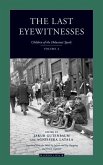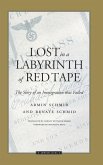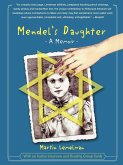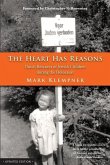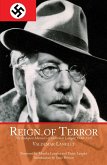Soundless Roar introduces a distinctive new voice to Holocaust literature. Ava Kadishson Schieber, author, poet, and artist, spent her teenage years hiding from the Nazis on a Serbian farm. Her cultured speech and city-bred body language could have betrayed her, so she was forced into near isolation. Schieber began drawing while in hiding, and she continues to express herself today with the same urgency. The drawings and writings in Soundless Roar are the culmination of many years of artistry. In her work, she shares her memories of loved ones killed in the Holocaust: they are "friendly ghosts" that will always be a part of her. Schieber's drawings, paintings, poetry, and prose are all intimate reflections of one another. Her experience forged the unusual sense of time that shapes Schieber's stories. In her preface, Phyllis Lassner writes: "The timetable of Ava's stories often consists of circles within circles, of patterns of an intertwined past, the past present of hiding, and the present looking back at those distinctly separate but inseparable pasts."
Hinweis: Dieser Artikel kann nur an eine deutsche Lieferadresse ausgeliefert werden.
Hinweis: Dieser Artikel kann nur an eine deutsche Lieferadresse ausgeliefert werden.


